Azerbaijan and China discuss deepening cooperation in cardiology scientific research
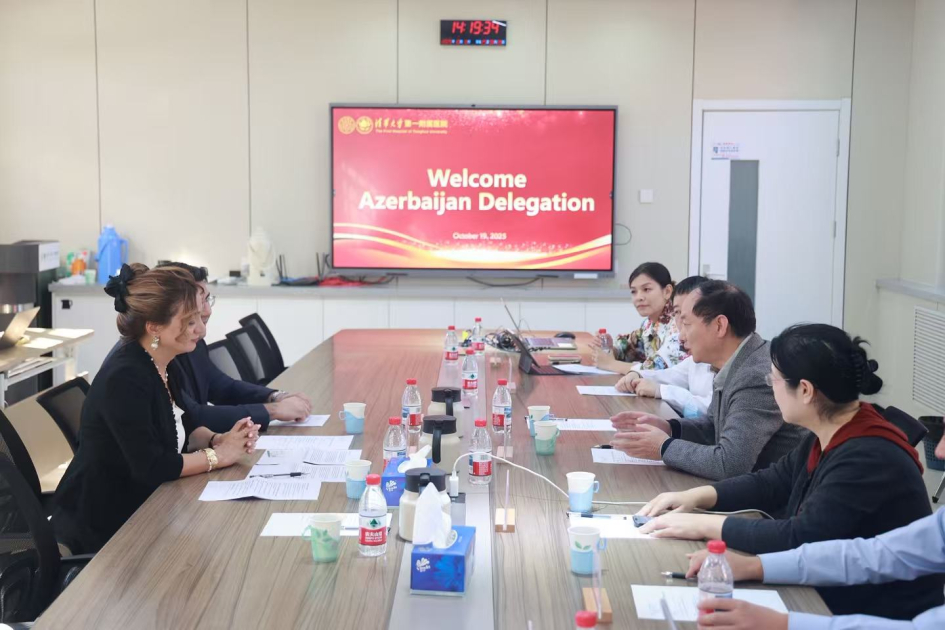
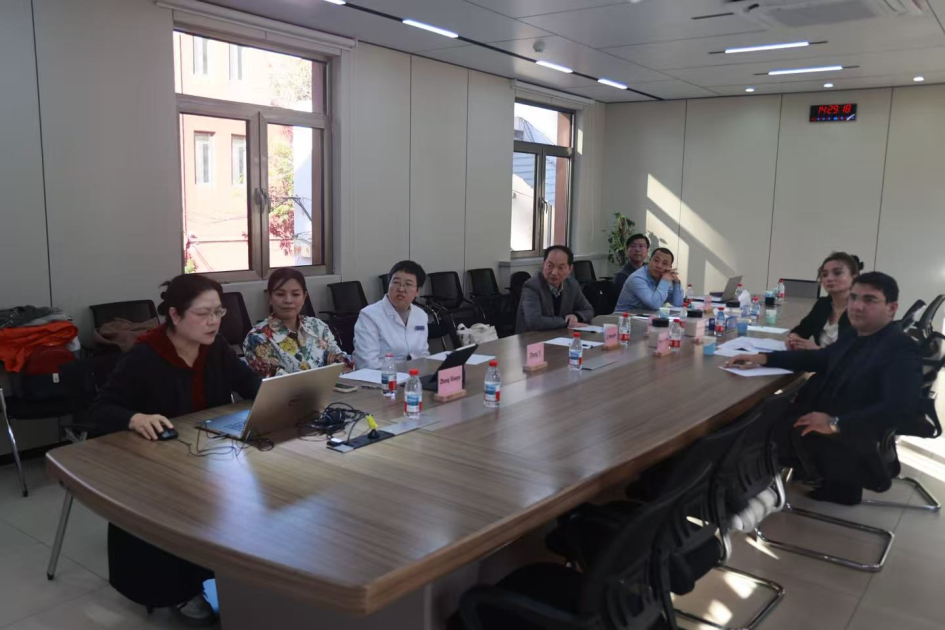
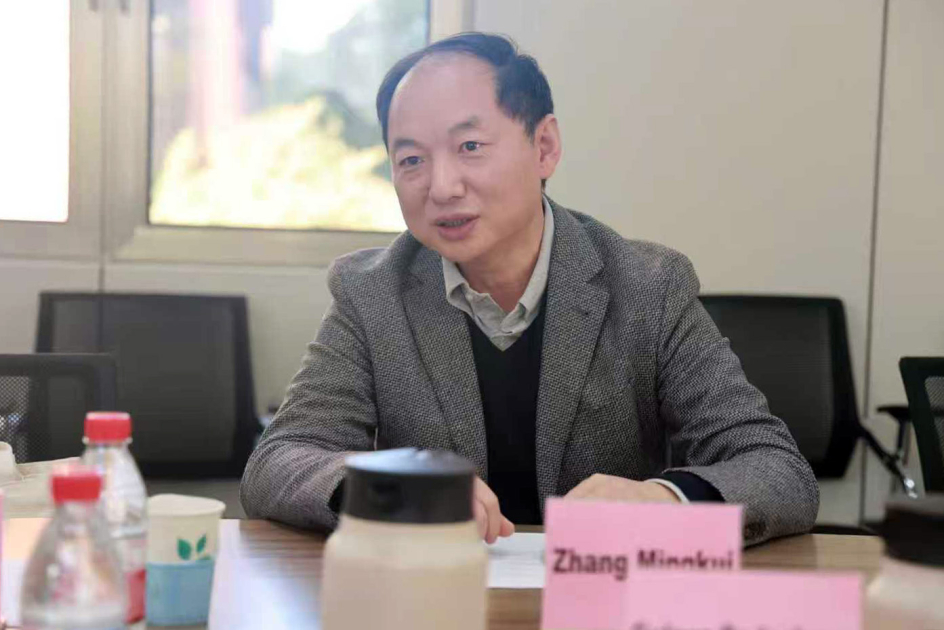
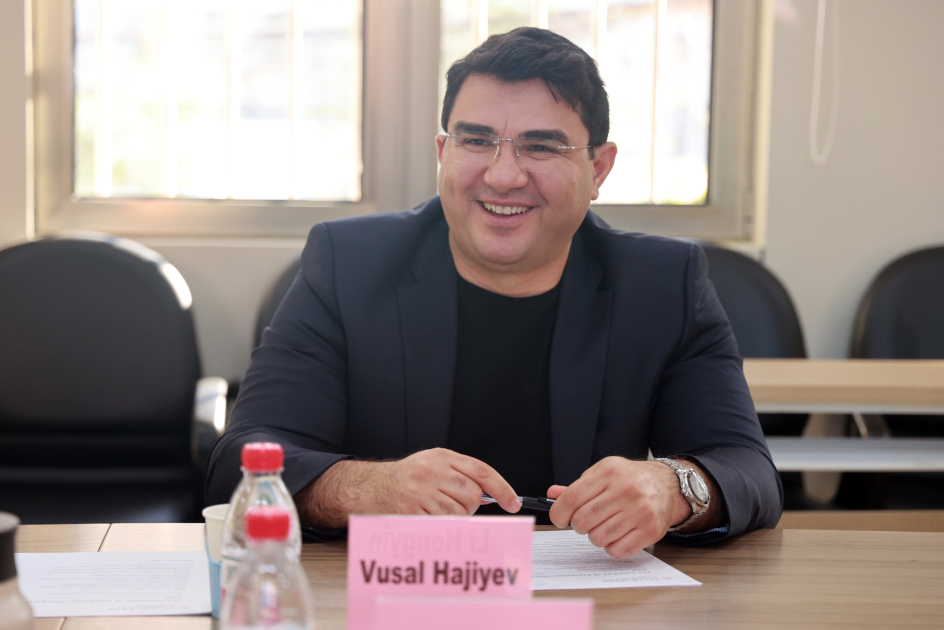
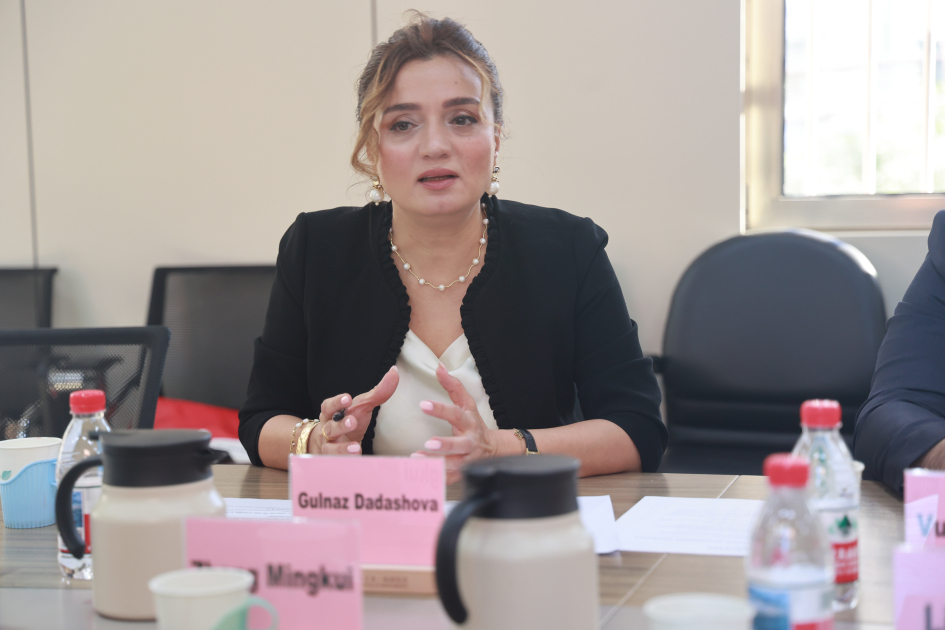
Beijing, October 19, AZERTAC
A delegation from the Azerbaijan Scientific Research Institute of Cardiology visited the First Hospital of Tsinghua University, one of China’s most prestigious medical institutions.
President of the hospital, Professor Zhang Mingkui, spoke about Tsinghua University’s leading position in medical education—ranked among the world’s top 20—its technological capabilities, and international academic cooperation platforms.
Professor Wang Lianyi, Director of the Heart Center, delivered a presentation outlining the center’s clinical activity areas, scientific priorities, and international research programs. She also provided information on recent achievements in cardiac surgery, cardiovascular imaging technologies, and translational research, emphasizing real opportunities for joint scientific projects.
In their addresses, Professor Gulnaz Dadashova, Director of the Azerbaijan Scientific Research Institute of Cardiology, and Vusal Hajiyev, leading scientific researcher and Doctor of Philosophy in Medicine, detailed the current state of cardiology in Azerbaijan, the scientific and practical outcomes of healthcare reforms, and innovative projects implemented in recent years.
Speaking about the institute’s structure, research directions, and international cooperation priorities, Professor Dadashova highlighted that joint projects with developed countries like China will make a significant contribution to the training of young cardiologists and surgeons, translational science, and the exchange of technological knowledge.
Vusal Hajiyev discussed the development of national programs in Azerbaijan on cardiac surgery and heart failure, as well as experience gained in advanced fields such as TAVI (transcatheter aortic valve implantation), ECMO (extracorporeal membrane oxygenation), and hybrid revascularization surgeries.
The Azerbaijani delegation also shared information on recent changes in the national healthcare system, compulsory medical insurance reforms, and the expansion of cardiological services across the regions. Hajiyev noted that Azerbaijan aims to become a regional hub in this field and an active partner in international scientific cooperation.
The parties exchanged views on potential joint research areas, including heart failure, revascularization technologies, regenerative therapies, and the application of artificial intelligence in cardiology. They also discussed the organization of exchange programs at the clinical and doctoral levels, as well as joint scientific conferences and publication projects.
During the subsequent question-and-answer session, both sides expressed their intent for long-term cooperation and reached agreement on launching joint scientific research, researcher exchanges, and mutual participation in international projects in the near future.
The visit of the Azerbaijani delegation marked an important step toward deepening cooperation between the two countries in cardiology research and clinical medical education.
Shahin Jafarov
Special correspondent












